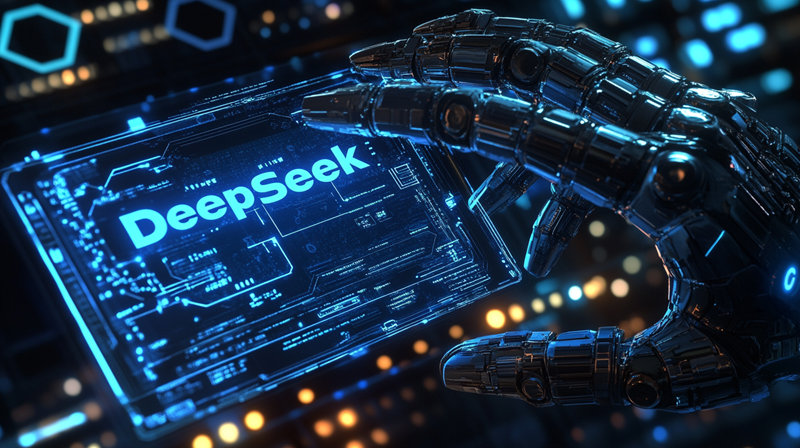In recent years, the number of readers in the United States has been gradually declining. According to data from the 2024 National Book Survey, nearly half (48.5%) of respondents did not read a single book in the past year, and less than one-third enjoy reading for entertainment. Renowned business author Seth Godin stated in a video call that this phenomenon is primarily due to people's excessive immersion in online connectivity.

Image Source Note: Image generated by AI, image authorized by service provider Midjourney
Godin pointed out that when people read books, they often interrupt themselves to check emails, browse social media, or watch videos, while almost no one chooses to read when using these modern tools. As a result, culture is gradually moving away from deep reading towards faster ways of information acquisition.
Even more concerning is the declining economic foundation of the entire book publishing industry. As early as when Amazon launched in 1995, its vast selection of books and competitive prices began to shake the foundations of this industry, leading to the closure of hundreds of brick-and-mortar bookstores. Additionally, the rise of e-books and audiobooks has further impacted the traditional print publishing economic model.
Godin stated that the number of digital publications has surged from 40,000 to 1 million per year, while the sales of a major book in its first week have dropped from 20,000 copies to only 120 copies. This indicates that the bookstore and publishing model built on scarcity no longer exists.
Godin also mentioned that before the advent of the internet, books were the primary reference resource. However, with the rapid development of Google and AI, this situation has changed dramatically. He noted that the emergence of AI allows us to obtain the information we need instantly, but it cannot provide information we didn't know we needed. The unique value of books lies in their ability to open doors to knowledge we were unaware of, while current AI can only respond passively rather than guide proactively.
Although current AI can quickly generate adequate content, it cannot compare to truly talented human creators. Godin described AI as a "shiny new toy," but he also lamented the impact of the digital age and AI on traditional book culture. He stated that while AI offers faster and broader dissemination opportunities, the magic brought by traditional books cannot be replaced. Therefore, Godin believes we cannot be optimistic about the traditional publishing industry, as it faces tremendous challenges.
Key Points:
📉 Nearly half of respondents have not read any books in the past year, indicating a decline in reading culture.
📚 The rise of e-books and audiobooks has impacted the economic model of traditional print books.
🤖 The rapid development of AI cannot replace human creativity, and the charm of traditional books is gradually fading.










